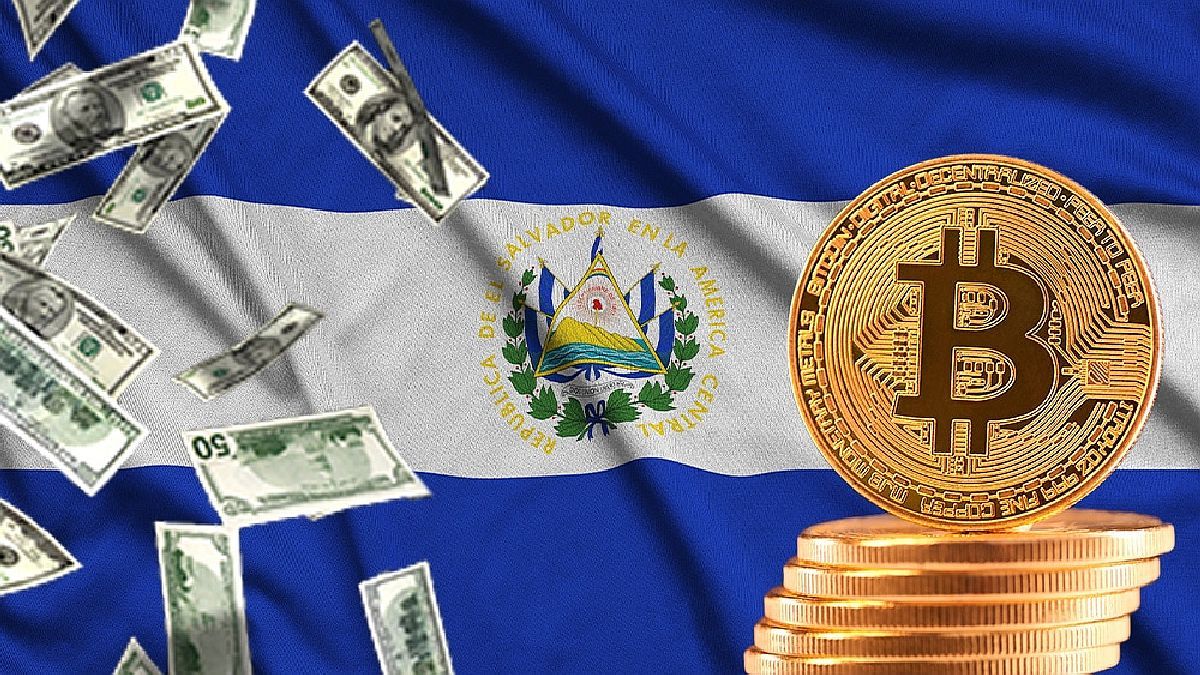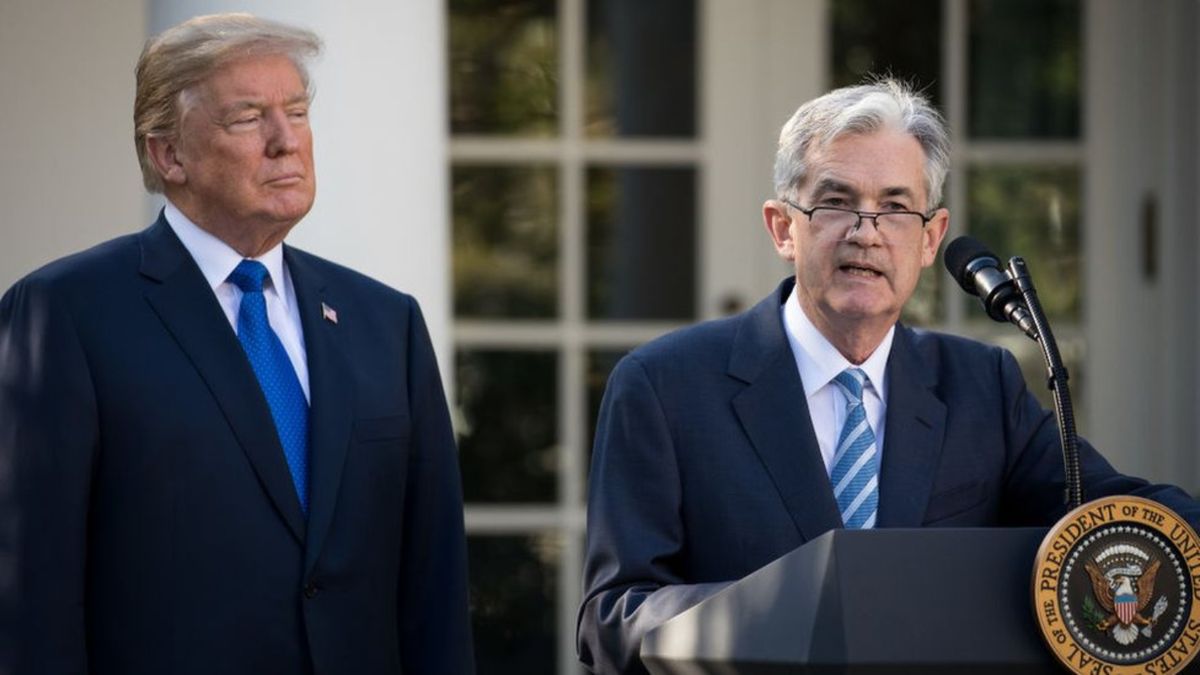The results
For Salvadoran economists, the expected takeoff was not such. “Half a year after its implementation, cryptocurrency has not generated much enthusiasm in the population,” said Salvadoran economist José Luis Magaña Rivera consulted by Telemundo. With the exception of some tourism and business sectors, “Really, it has not had greater penetration, not even through the ChivoWallet.”
More than 70% of Salvadorans feel mistrust about the cryptoactive, according to a survey by the Central American University (UCA) carried out in January. Already in November, a survey by the Francisco Gavidia University indicated that 91% of Salvadorans still preferred the dollar, the official currency, over bitcoin.
Before the entry into force of the Bitcoin law, Bukele pointed out that any new adoption would require time to adapt. “Like any innovation, the #Bitcoin process in El Salvador has a learning curve. Every road to the future is like this and not everything will be achieved in a day, nor in a month.” For specialists, the weak point of this initiative was the lack of financial education.
Distrust
Another factor has been the lack of reliability towards the Chivo Wallet infrastructure. There have been reports of identity theft, which according to the human rights organization Cristosal have been in the hundreds, technical problems, delays in transactions, among others.
In February, the Salvadoran government announced a new alliance with the US-based company AlphaPoint to improve the electronic wallet and address the flaws.
lack of transparency
The adoption of bitcoin in El Salvador and the use of public funds for this purpose has happened in a rush and with “extreme opacity,” according to Magaña Rivera.
The economist gave an example: to know how many bitcoins the Salvadoran government has and how much has been spent on the purchase, you have to monitor Bukele’s Twitter timeline (who has said he does the transactions from his phone) and add the figure announced by the proxy to a personal table. So, depending on the price of bitcoin at that particular moment (a price that changes every hour), he calculates how much the Central American country has invested in the acquisition.
“Until now, there is no clarity as to which public institution is responsible for managing bitcoin in the state sector,” says Magaña Rivera, stressing that there is not even a public way to “verify whether the purchase announced by Bukele has been made.”
Last year, the Legislative Assembly created a trust of about $150 million destined for the implementation of bitcoin and which is managed by the Development Bank of El Salvador. But access to information about its operations is limited under banking secrecy.
To date, it is estimated that the country has bought 1,800 bitcoins since September, reported Bloomberg, but that figure is not very clear. Beyond the president, no other government entity publishes data on transactions linked to this cryptocurrency.
low incidence
According to the Chamber of Commerce and Industry of El Salvador, in November of last year, 22% of businesses received payments in cryptocurrencies. In February 2022, the figure fell 14%. 92% of respondents indicate that the impact of Bitcoin was indifferent in the business.
In this framework, analysts assure that the Salvadoran population is not seeing the expected benefits, but on the contrary, the adoption would be increasing. Added to all this, The ups and downs in the price of Bitcoin caused most Salvadorans to take refuge in the dollar, a more reliable currency in the face of inflation.
One of Bukele’s fundamental arguments about the convenience of adopting bitcoin as a currency has been the benefit it would bring to people who send and receive remittances, which according to the World Bank, constitute more than 26% of the Gross Domestic Product (GDP) of The Savior. .
“Our people pay $400 million a year in fees for remittances. That saving alone will be a huge benefit for our people (or at least for those who want it),” tweeted the head of government a couple of weeks before the Bitcoin law came into effect.
And while not having to pay commissions is an incentive, bitcoin hasn’t had much of an effect: just over 2% of money sent from abroad to El Salvador in 2021 was made through crypto wallets. This lack of impact on remittances is further evidence of widespread apathy towards bitcoin and the need for further education, according to Magaña Rivera.
“The mechanisms are not being given, the population is not being digitized for the implementation of bitcoin,” he said. “No matter how good a technology is, if there is no education to use it, then it will not be used.”
Conclution
On the positive side, its potential for investment and tourism stands out. However, the economists emphasize that the failures in the implementation do not imply that it has been a failure and the discontinuity of the measure is ruled out. Cryptocurrencies will not replace traditional currencies – or at least not in the near future – but there are signs that their use will increase, and that they will play a role in the interactions between citizens and between countries, like all new technologies.
Source: Ambito
David William is a talented author who has made a name for himself in the world of writing. He is a professional author who writes on a wide range of topics, from general interest to opinion news. David is currently working as a writer at 24 hours worlds where he brings his unique perspective and in-depth research to his articles, making them both informative and engaging.




